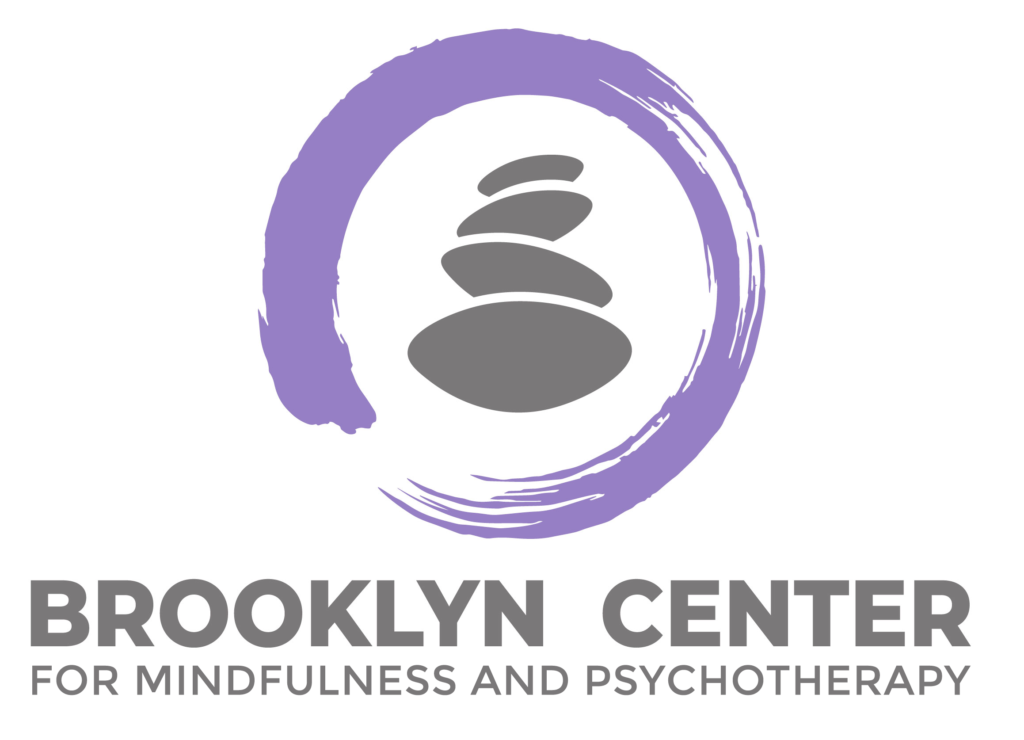Anxiety is a common mental health issue that affects millions of people worldwide. It can be debilitating and negatively impact many aspects of your life, including work, relationships, and overall quality of life. Fortunately, there are effective treatments available to help manage anxiety, such as Acceptance and Commitment Therapy (ACT). In this post, we will delve into what ACT is and how it can benefit those struggling with anxiety. We will discuss the principles of ACT and techniques for managing anxiety using this therapy. If you’re in New York and interested in trying out ACT for anxiety, we’ve got you covered with tips on how to get started. Plus, we’ll provide some examples of ACT in action to help you better understand how it works. Keep reading to see how you can overcome anxiety with acceptance and commitment therapy.
Understanding Acceptance and Commitment Therapy
When it comes to managing mental health conditions like anxiety and depression, it’s often tempting to try and control or suppress the thoughts and emotions. However, this approach can often lead to more stress and discomfort in the long run. This is where Acceptance and Commitment Therapy (ACT) comes in – instead of trying to fight against difficult thoughts and feelings, ACT helps individuals learn how to accept them without judgment and focus on taking positive actions towards their values. By identifying what truly matters to them personally, individuals can find a sense of purpose even in the face of discomfort or uncertainty.
ACT incorporates mindfulness techniques that help individuals observe their thoughts and emotions without getting caught up in them, which can be especially helpful for those dealing with anxiety or other overwhelming emotions. And unlike some traditional forms of therapy, ACT doesn’t require individuals to completely eliminate negative thoughts or feelings – instead, it helps them build resilience and flexibility in the face of life’s challenges. Studies have shown that ACT can be an effective treatment for a variety of mental health conditions, making it a valuable tool for those seeking relief from emotional distress.
The Benefits of Using ACT for Anxiety
Individuals struggling with anxiety often feel overwhelmed and helpless, unable to control their thoughts and emotions. This can lead to avoidance behaviors that limit their ability to engage in meaningful activities and achieve their goals. Acceptance and Commitment Therapy (ACT) offers a unique approach to managing anxiety by focusing on personal values and the commitment to actions that align with those values.
The benefits of using ACT for anxiety are numerous. By learning to accept and manage their thoughts and emotions, individuals gain greater psychological flexibility, which allows them to respond more effectively to life’s challenges. The therapy encourages individuals to take action towards their values, even in the presence of uncomfortable emotions such as anxiety. This can lead to a sense of purpose and direction, allowing individuals to live more meaningful lives despite their struggles with anxiety.
Research has shown that ACT can be an effective treatment for various anxiety disorders, including generalized anxiety disorder and social anxiety disorder. Additionally, ACT has been found to be helpful in managing symptoms of depression and chronic pain. By using this approach, individuals can learn valuable skills for managing their emotions while pursuing a fulfilling life guided by their personal values.

How to Try ACT for Anxiety in New York
The ACT (Acceptance and Commitment Therapy) is a type of therapy that can be helpful for managing anxiety. If you’re looking to try ACT in New York, there are a few steps you can take:
- Search for therapists in your area who specialize in ACT: You can search for therapists who specialize in ACT on websites such as Psychology Today or the Association for Contextual Behavioral Science (ACBS) website.
- Check with your insurance provider: If you have health insurance, check with your insurance provider to see if they cover therapy and if they have a list of in-network therapists who offer ACT.
- Schedule an appointment: Once you have found a therapist who offers ACT and accepts your insurance (if applicable), schedule an appointment with them.
- Prepare for your appointment: Before your appointment, think about what you want to achieve through ACT and what specific areas of anxiety you want to work on. You can also write down any questions you may have for your therapist.
- Attend your therapy sessions: During your therapy sessions, your therapist will guide you through exercises and techniques to help you manage your anxiety using ACT.
The Principles of Acceptance and Commitment Therapy
Acceptance and Commitment Therapy (ACT) is a unique form of psychotherapy that aims to help individuals learn to accept their thoughts and feelings while committing to actions that align with their values. Developed in the late 1980s, ACT has gained popularity in recent years due to its effectiveness in treating a variety of mental health conditions, including anxiety, depression, and chronic pain.
The principles of ACT include mindfulness, acceptance, and values-based living. Mindfulness involves learning to be present in the moment and observe thoughts and emotions without judgment. Acceptance involves acknowledging and accepting difficult thoughts and feelings rather than trying to avoid or suppress them. Values-based living involves identifying one’s core values and committing to actions that align with those values. Through these principles, individuals can learn to live a more fulfilling and meaningful life while managing symptoms of mental health conditions. If you are looking for a therapist who practices ACT in New York, there are many qualified professionals who can help guide you on your journey towards greater acceptance and commitment.
ACT Techniques for Managing Anxiety
Acceptance and Commitment Therapy (ACT) is a type of therapy that can be highly effective in managing anxiety. Here are a few techniques used in ACT that can help individuals manage their anxiety:
- Mindfulness: Mindfulness is a key component of ACT and involves learning to observe thoughts and feelings without judgment. By becoming more aware of anxious thoughts and feelings, individuals can learn to respond to them in a more productive way.
- Acceptance: Acceptance involves acknowledging and accepting difficult thoughts and feelings, rather than trying to avoid or suppress them. This can be particularly helpful in managing anxiety, as it allows individuals to confront and work through their anxious thoughts and feelings.
- Values-based living: Identifying one’s core values and committing to actions that align with those values can be a powerful tool in managing anxiety. By focusing on what is most important to them, individuals can gain a sense of purpose and meaning, which can help to counteract anxious thoughts and feelings.
- Cognitive defusion: Cognitive defusion involves learning to distance oneself from anxious thoughts and feelings, rather than getting caught up in them. This can be achieved through techniques such as imagining the anxious thought as a passing cloud or a car driving by.
Examples of ACT in Action
ACT offers a range of techniques that can be used to manage anxiety, each with its unique benefits and applications. For instance, practicing mindfulness exercises can help individuals observe their thoughts and feelings without judgment, reducing the impact of negative self-talk. Similarly, identifying personal values and goals in life can create a sense of purpose and direction, grounding individuals in what is most important to them. This technique is particularly useful for those who struggle with uncertainty or indecision.
Another important aspect of ACT is committed action, which encourages individuals to take steps towards their goals, even in the face of anxiety or discomfort. This approach helps individuals build resilience by developing a growth mindset that embraces challenges as opportunities for learning and growth. By taking action towards their values, individuals can cultivate a sense of accomplishment and satisfaction that bolsters their overall well-being.
Conclusion
In conclusion, Acceptance and Commitment Therapy (ACT) is a powerful tool to help overcome anxiety. It helps individuals accept their thoughts and emotions instead of trying to control or eliminate them. This approach can help individuals build resilience and improve their quality of life. If you are struggling with anxiety in New York, consider trying ACT therapy to help manage your symptoms. At Brooklyn Mindful, they offer a range of treatments, including ACT therapy, to help individuals improve their mental health and well-being. Don’t let anxiety control your life – take action and seek out the support you need today.




